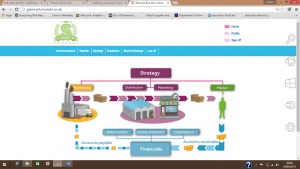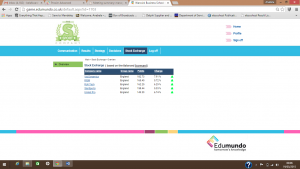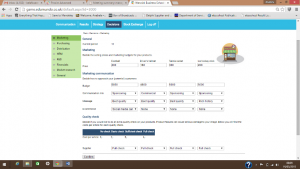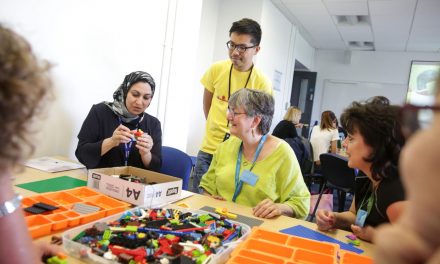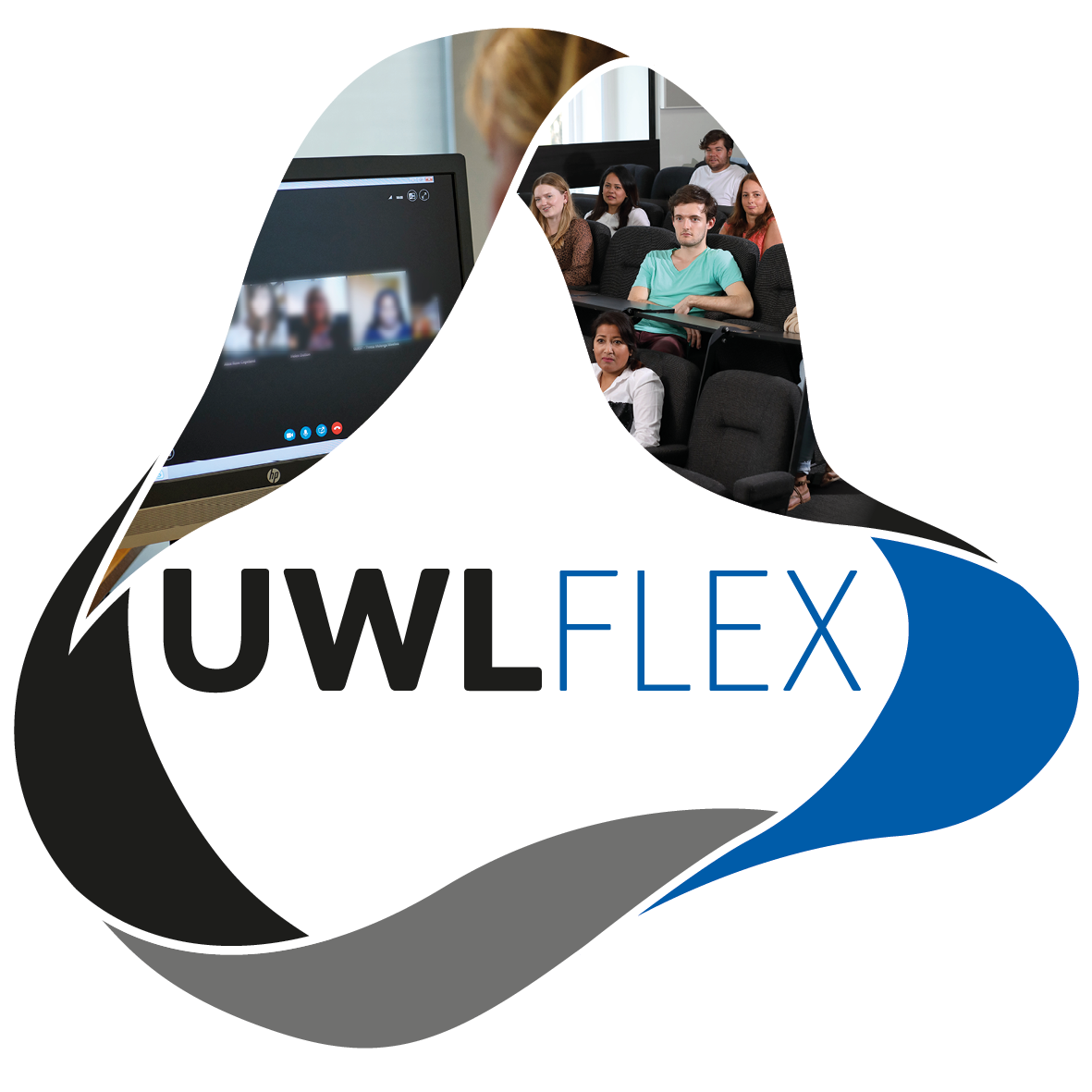Last weekend I wondered around the British Museum and marvelled at the years of history compiled in their collections. Our world has changed. And never was I as much aware of this cliché as in that specific moment as I looked at one of the first European astrolabes or Tamut’s sarcophagus. But unlike the historical changes documented in the British Museum that happened over centuries, UK education, teaching practices, learning and students’ expectations have changed dramatically over the past few years. This has forced book publishers, universities and lecturers to become savvy providers and users of online learning environments and teaching tools. UWL is a clear example of these changes, using technology driven improvements to engage students in learning. Tools are used on a daily basis by tutors to assist and support their students, including Blackboard which is used to facilitate assessments, communications with students and the delivery of modules.
Aligned with UWL and the Claude Littner Business School vision, we aim to give our students more than descriptive content information. As a result, our teaching focuses on giving students the opportunity to develop valuable skills that will prepare them for the reality of harsh competitive business environments in which they will work. We do this by using case studies, discussion groups and stimulating their critical approach to situations, amongst other techniques.
To pursue these goals we have long used simulations in the finance area to mimic trading floors and stock markets, but the Claude Littner Business School is now also using similar tools in level 7 modules in the management studies area (Business strategy and Logistics and Supply Chain Management). Simulations in the teaching of management allows students to manage their own companies and follow their results throughout the term and duration of the module. These simulations are flexible allowing for as much customization in terms of contents as desired.
Source: Edumundo (2015).
At the moment, simulations such as the one exemplified in the above images are run in classes and students have an opportunity to work in teams, implementing what they have learned about managing an organisation. A particular focus on the module in which the simulation is being used is made possible by fitting the theoretical content with what is played in the game on a weekly basis, giving the student the opportunity to actually see the effect of theory in practice. The simulations provide a wide range of information that needs to be critically analysed including newspaper articles, competitor market shares (the other teams in the class), yearly financial statements, details on products and production processes, branding and marketing strategies and so on. Based on all this information, students have to make strategic decisions on where they wish to take their company and how they wish to achieve those goals. As they go through the game they also have the chance to understand the direct effect their decisions and actions have on their current business results and market shares. More importantly, they really get a close look at how companies can use the theories and frameworks learned in class and how this translates into real business contexts.
To sum up, the main benefits of the use of these simulations include the opportunity to contextualize and identify key problems and to experience the outcomes of decision making. Furthermore, it gives students the opportunity to develop soft skills such as negotiation, communication and team work.
So far students are reacting very positively to these classes and appear eager to outdo each other in each class. This shows that our students are not only ready, but also welcome opportunities to learn by doing and experiencing. As a result, there seems to be great scope to further implement these types of sessions in modules that have, perhaps at times, been considered as mainly theoretical.
The primary point to get across is, just because it has always been done this way does not mean it needs to continue in the same vein. Innovation is key to success and we should lead the way by example when it comes to our own teaching practices.
References:
Edumundo (2015), ProSim Advanced simulation (demo), [online], Available: http://www.edumundo.co.uk/products/managementgames/prosim-advanced, Accessed: 19/03/2015.
Authors: Dr. Anabela Soares and Dr. Alireza Nazarian are lecturers at the Claude Littner Business School, University of West London


